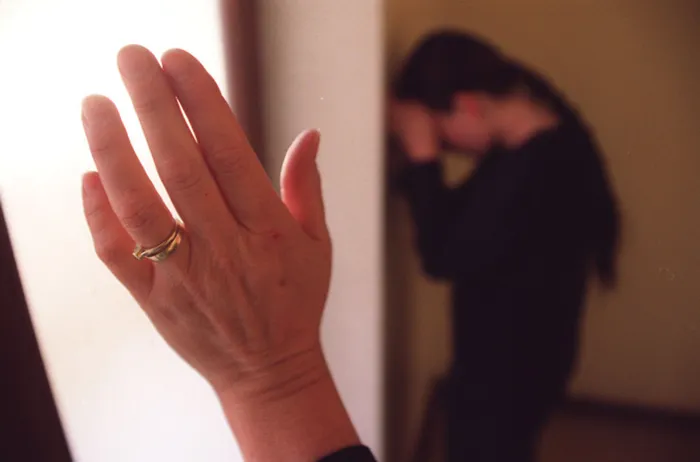Children still face violence at school

The proposed amendment to the Children's Act does not advocate that we abandon discipline of children in the home, but argues for a different approach to discipline. The proposed amendment to the Children's Act does not advocate that we abandon discipline of children in the home, but argues for a different approach to discipline.
One in every five children have experienced violence, corporal punishment or verbal abuse while at school.
And of these children, 90 percent reported having experienced corporal punishment by their teachers.
Pupils in the Eastern Cape had the highest percentage of children who had experienced violence at 31 percent followed by KwaZulu-Natal at 23 percent and Free State at 20 percent.
Provinces that recorded the lowest percentage included Gauteng at 6 percent and Western Cape at 11 percent.
These figures emerged in the most recent General Household Survey: Focus on Schooling report, conducted by Statistics SA and released by the Department of Basic Education.
The survey asked whether children in about 25 000 households had experienced violence at schools in 2012 between January and June.
“In 2012, over 18 percent of the close to 14 million learners who were attending schools indicated that they experienced violence, corporal punishment or verbal abuse at school.
“Although the department’s policies prohibit any form of violence against learners, the percentage of learners experiencing violence at schools has not changed since 2009.”
“Some learners indicated that they had experienced more than one type of violence at school. The majority (91 percent) of learners who experienced violence at school indicated that they had experienced corporal punishment by their teachers.
“Meanwhile, almost 8 percent experienced verbal abuse by other learners, 8 percent experienced physical abuse at school, almost 5 percent experienced verbal abuse by their teacher and 4 percent experienced physical violence by their teacher,” read the report.
Acccording to the 2012/13 annual report of the South African Council for Educators (Sace), 182 complaints of misconduct against teachers were received which involved corporal punishment or assault. Most of those cases – 115 – were in the Western Cape.
The Western Cape Education Department viewed corporal punishment as assault, which could lead to dismissal. It had previously said the high number of cases in the Western Cape did not necessarily represent more cases but increased reporting.
The council said provinces often failed to report cases, although it was a statutory requirement for all disciplinary matters reported to the employers to be brought to the council’s attention.
Corporal punishment is illegal in terms of the South African Schools Act.